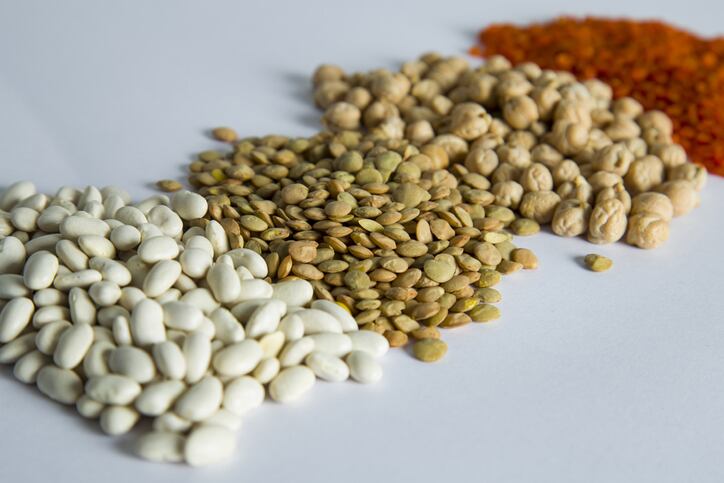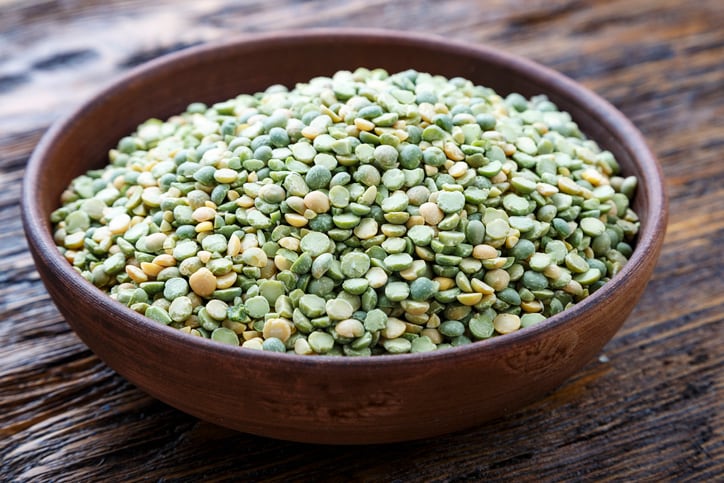In addition to supplying texturized protein and pulse flours, Buenos Aires-based start-up Tomorrow Foods offers a portfolio of protein isolates is made of four products: LatinRice, LatinPea, LatinChickpea, and LatinMung.
Although Tomorrow Foods is in its relative infancy - it is looking to begin industrial production in the coming months - it was created by food industry veterans including agricultural engineer Cesar Belloso, who also co-founded S4AgTech, which recently inked a high-profile partnership with IBM; Agustin Belloso, director of commodity producer Marbell Agro; Guillermo Lentini, its R&D director who has over 15 years’ experience at agri-food companies, such as Rousselot, and Gonzalo Segovia, who previously worked at ingredient manufacturers Saporiti and Harmony Ingredients.
The company has already answered inquiries from food manufacturers in Chile, Argentina, and Brazil that have tried, tested and validated its mung bean and pea protein isolates in their products.
Its 'plug and play' ingredient approach means manufacturers can easily incorporate protein into their products, the company said.
“Combined with other natural ingredients such as flavors, colorants, functional ingredients, and thanks to our R&D pipeline and capabilities, we will offer our customers a way of easily joining the plant-based revolution with no need to invest in R&D or diverting efforts form their core activities such as production, sales, and distribution,” Agustin Belloso, co-founder and director, said.
Tomorrow Foods is not the only Latin American supplier looking to plug a local supply-and-demand gap. Last year, Brazilian corn giant Milhão said its R&D team was developing pea protein isolate with the view of launching in 2020.
Commercial director Gonzalo Segovia said it was important for the start-up’s customers to know that it is a Latin American company.
“The LATAM Region has a lot of potential to drive the growth of the plant-based movements due to its agricultural production capability,” he told FoodNavigator-LATAM. “Also, for regional customers, it will make much more sense in terms of cost and sustainability to source its ingredients from Tomorrow Foods, rather than importing it all the way from the US, Europe or China.”
Three core categories
Tomorrow Foods has identified three core categories to operate in – meat analogs, dairy analogs, and sports nutrition.
“We see that they are all growing equally in the region and there is still no clear break up by country. The millennials and flexitarians that are driving the growth of plant-based proteins in the LATAM region demand equally for all [three] kind of products," Segovia said.
The company sees most potential in neighboring Brazil.
“The biggest market in the region is Brazil that has a very large population, which is also very keen on vegetable protein alternative and healthier diets. Brazil is also is home to the biggest meat producers in the world who are seeking to re-adapt their business models towards the plant-based trend. Colombia, Argentina, and Chile follow,” he added.
Sustainable sourcing
The company uses non-GMO crops to manufacture its ingredients and when sourcing raw materials, which it purchases from Marbell Agro and other suppliers.
It has committed to working only with suppliers that use no-till practices, pulse inter-cropping, cover crops, crop rotation and other good practices related to a conservationist agriculture approach, and all of its suppliers have been certified by Aapresid, the Argentinian No-Till Farmers Association, which campaigns for more sustainable agriculture practices.




